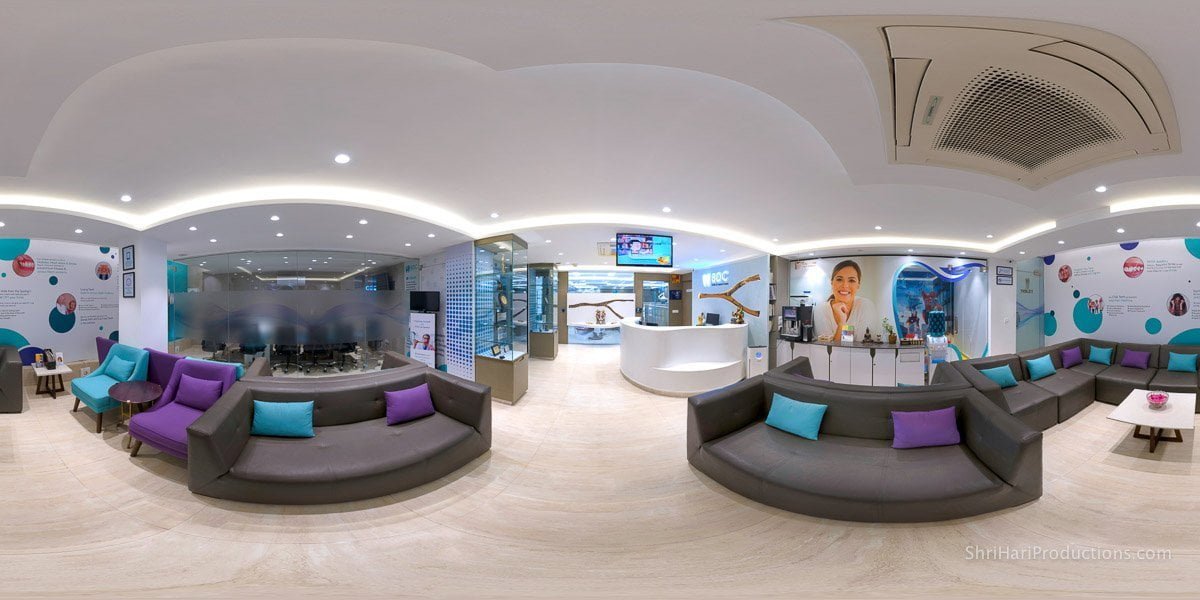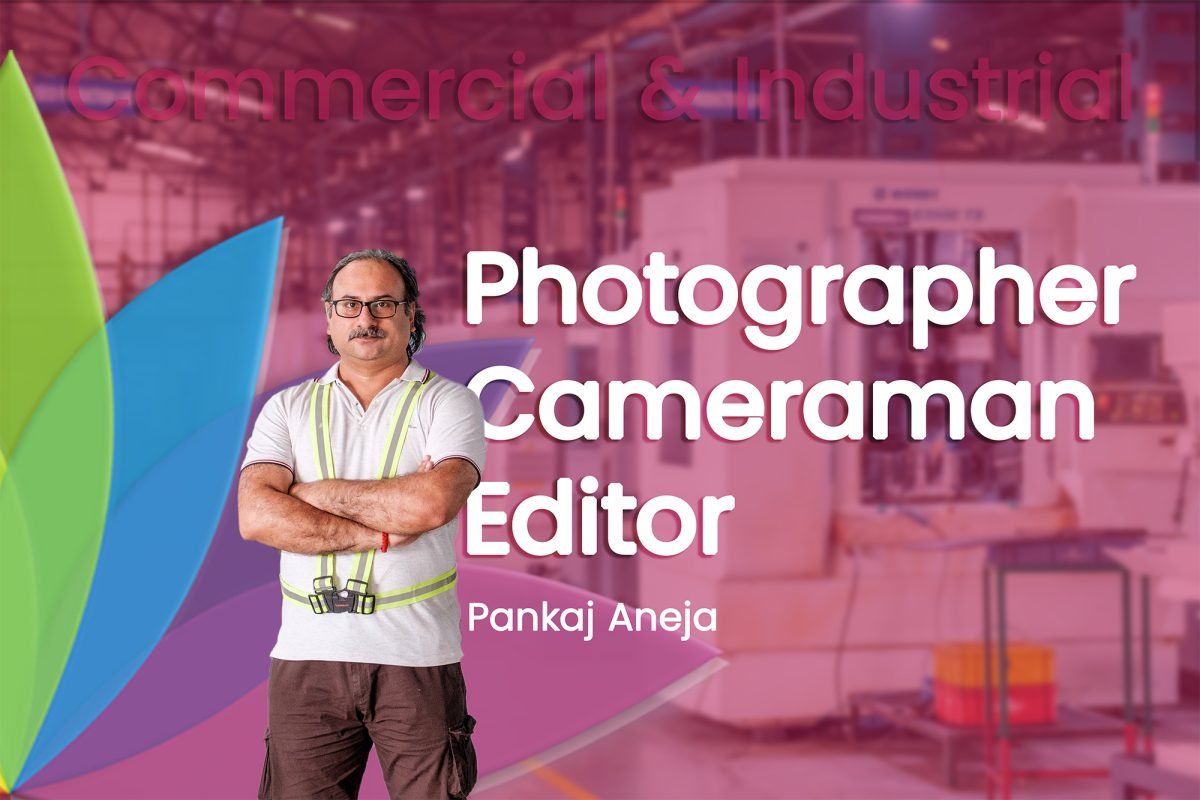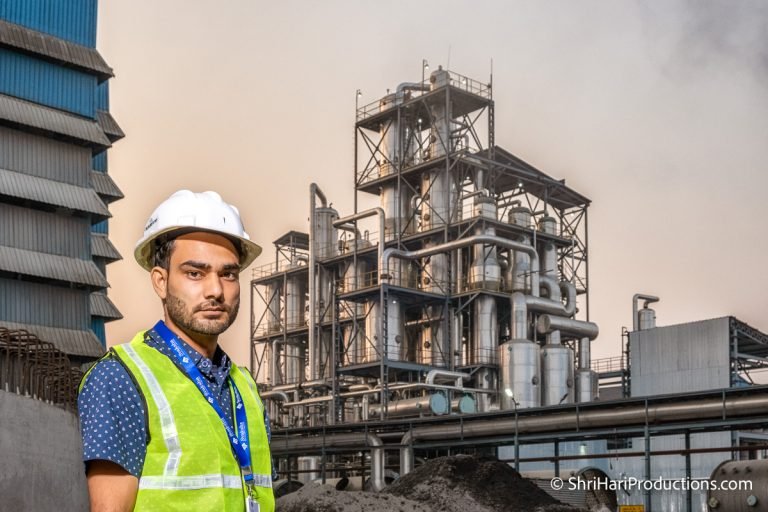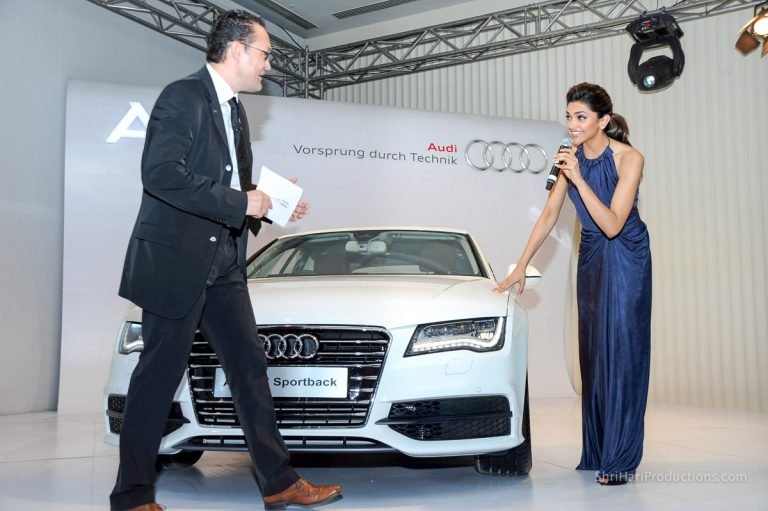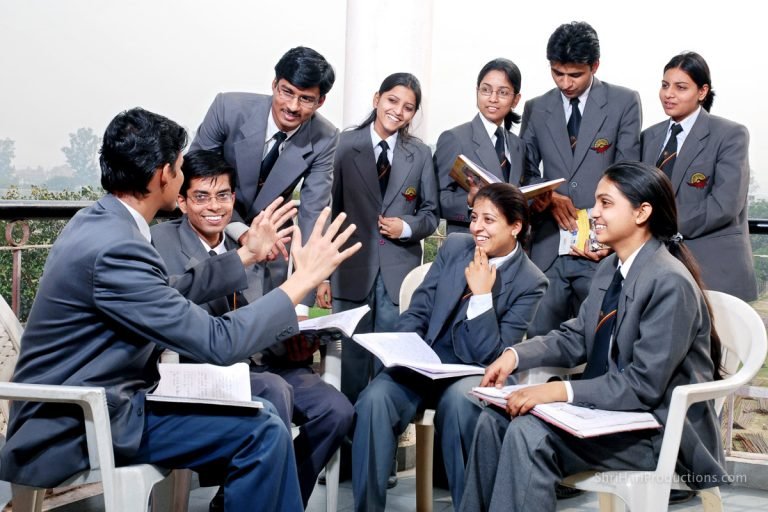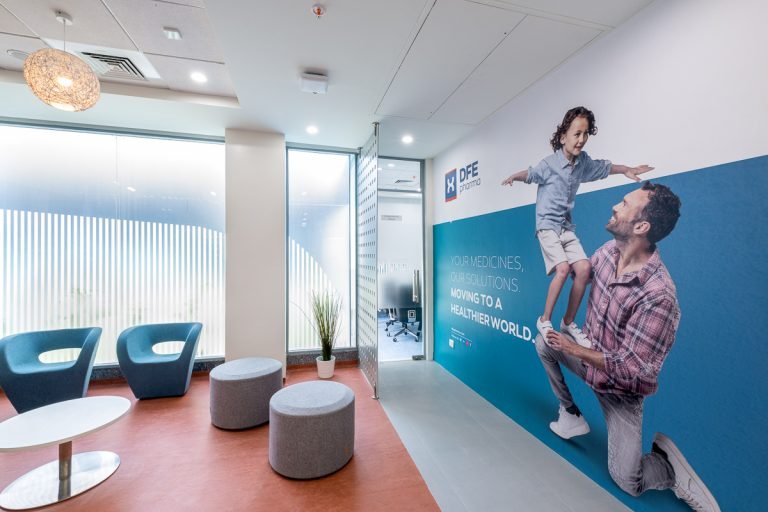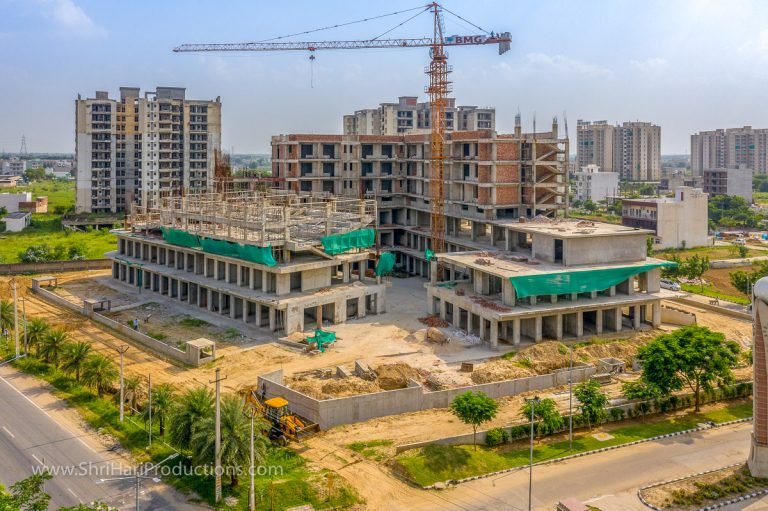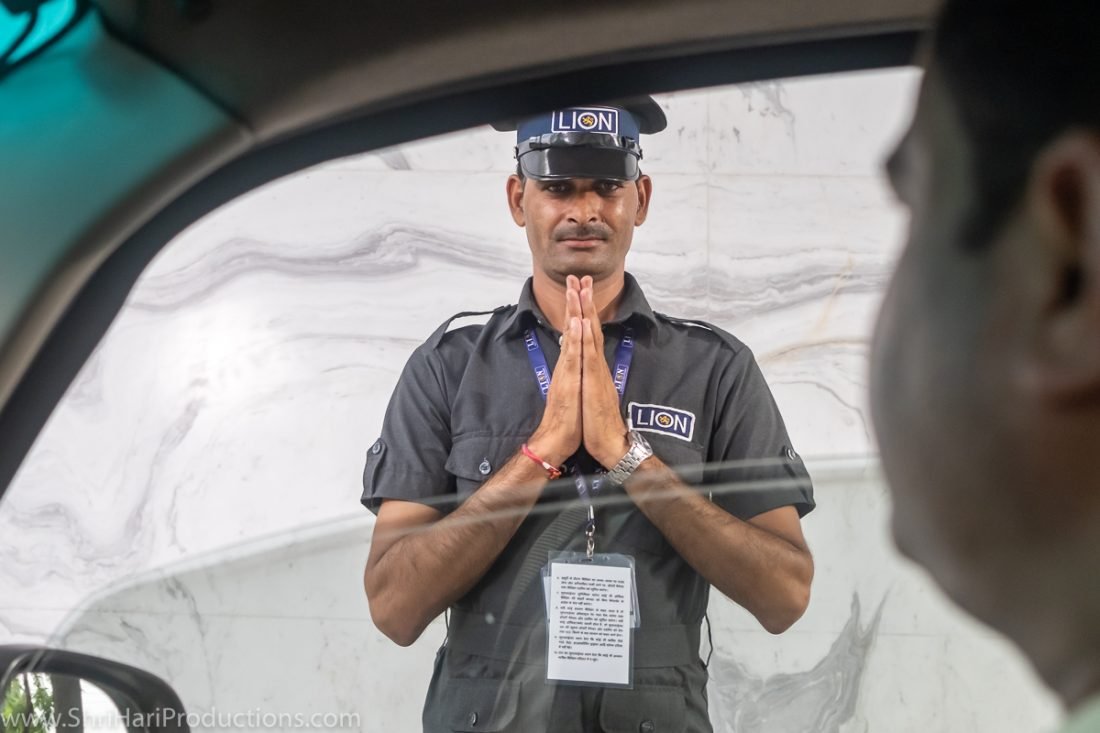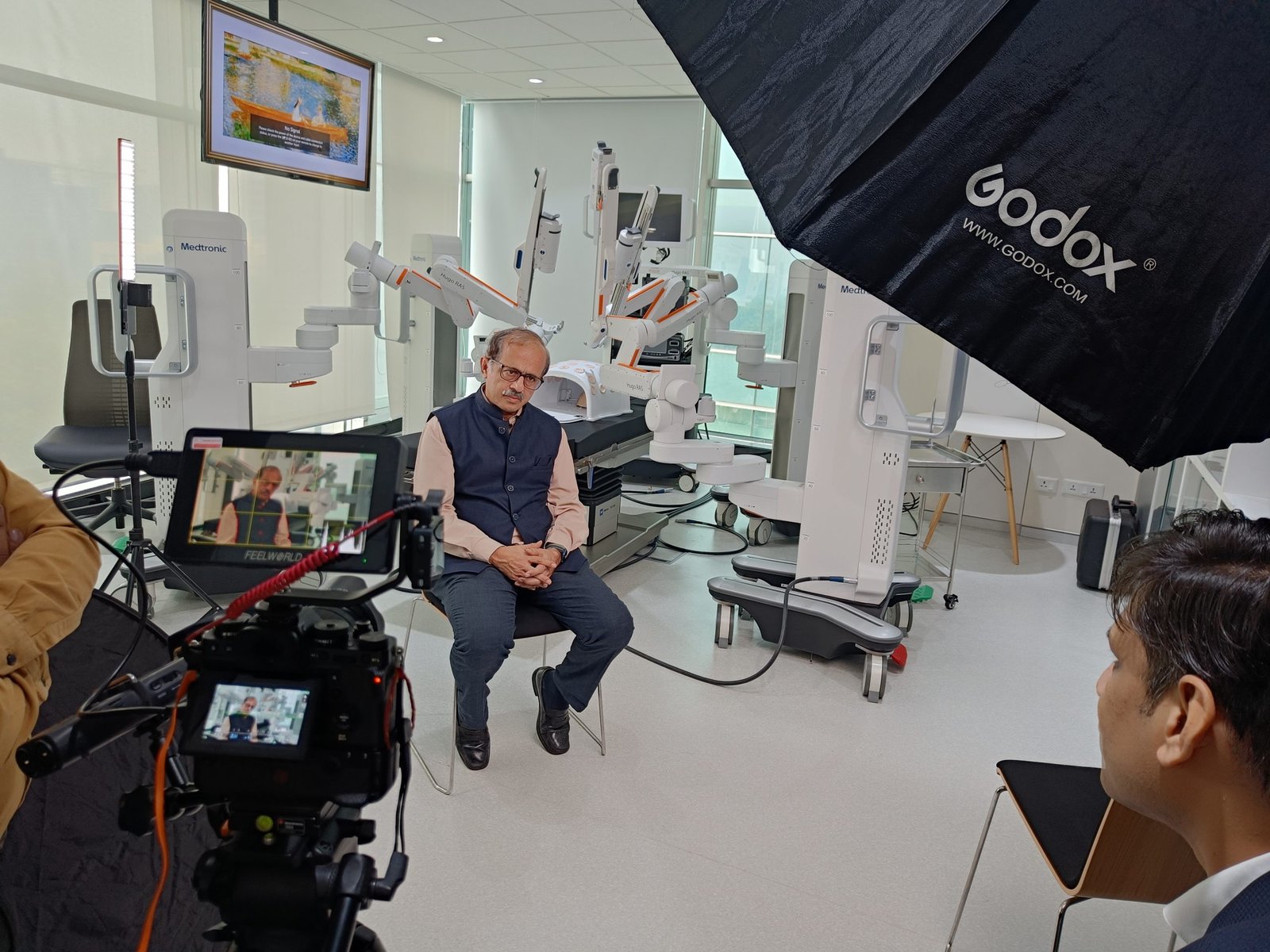Virtual Tour Photography is a new-era business presentation based on 360-degree panoramic photography, in which the visitor can observe the entire surrounding environment. It is also an interactive tool that offers the possibility of moving the image from different angles of view. This allows the display of spaces and situations with realism and surprising quality.
The virtual 360° virtual tour applies to all types of spaces: closed spaces such as museums, religious spaces, exhibitions, and hotels, any business space interior, and open places like tourist villages, panoramic spaces, historical centres, etc.
How to Realize a Virtual Tour
A virtual tour requires several stages of development: from the inspection of the place to be photographed, the overall design, the shooting, and the post-production operations editing and image retouching to 360, the extension of multimedia elements in the form of audio, video, text, which enriches the virtual tour by making it an attractive, informative and rich experience, information.

The Advantages Offered by the Virtual Tour Photography
360 ° panoramic photography VR allows an immediate and precise evaluation of spaces, products, and services that will be published on the web.
For example, a visitor can assess the elegance and comfort of a hotel, the pleasant surroundings of a wellness centre, the quality of the facilities of a gymnasium, a restaurant, and the charm of the landscape that surrounds a tourist village including structures and entertainment offers.
Visitors to a site that contains a virtual 360 ° virtual tour can view a place as if they were thereby just moving the mouse in full screen and with ease.
The Virtual Tour is a tool that allows highlighting the quality of the spaces, the products, and services, valuing its image by contributing to the competition, and making the virtual tour photography interesting.
360 virtual tour advantages
The interactive 360 ° virtual tour is also a powerful training tool, able to unite the virtual visit to space, and the presentation of information (audio, video), all in an immersive and stimulating spirit.

The needs for a virtual 360 ° tour can be categorized into three areas: real estate, for sale or recurrent rental, tourism (hotel, camping, restaurant, museum, tourist office, seasonal rental, etc.), and Communication.
It is clear that for the real estate and tourism sectors, the positive impact of the use of 360 ° photography to present a place is no longer to be demonstrated. The visitor is navigating from site to site faster and faster, and the virtual tour 360 is a perfect medium to hold him and make him want to learn more. Contrary to what one might think, a place does not need to be exceptional to deserve a 360 ° virtual tour.
In the case of tourist accommodation, a neat establishment does not pretend to sell luxury to any interest in showing its rooms, its breakfast room, or its lobby. At an equal price, for example, overnight, the Internet user will lean towards the person who says the most and who is honest. The real cost of a service is that in which both parties meet.

